The Primary Care workshop at this year’s CODA Conference was my favorite lived experience contribution to date!
The workshop approach was more effective than my other ‘standup gigs’.
Something has clicked with me lately – I’ve stepped out of chronic illness’s emotional and physical sides and more often partaking in health education.
I like it!
I have broken through a new barrier with my creative professional experience, my health lived experience, and my recent role as founder of a global health app, My Health Story (MHS).
I am in a sphere of better healthcare education.
This sphere is wonderful.
I get to work with fantastic health professionals keen to drive change. Together, we present to other like-minded healthcare professionals and clinicians who are also hungry for better ways to care. Understanding the patient and their experience is vital.
It’s inspiring, and I feel MHS and my advocacy are valuable within healthcare.
CodaPain22: Primary Care for the Management of Chronic Pain Workshop
This CODA22 workshop was a 4-hour workshop that provided each participant with a take-home approach to pain management and a fabulous document of Dr Grinzi’s resources.
Participants from various countries, health sectors and health placements listened to:
- Dr Paul Grinzi, General Practitioner & Medical Educator (facilitator)
- Kathleen Leach, Senior Clinical Psychologist, and
- Me, the lived experience contributing
Dr Grinzi and Kathleen Leach presented current pain-related science and played out real scenarios as attendees contributed their own experiences. Participants had set tasks such as drawing pain and describing pain. Day-to-day strategies were refined with role play, video demonstrations, brainstorming, and group discussion.
And there was my lived experience.
I was encouraged to speak up and expand on the conversation. My voice… our voices were an essential part of this practitioner refresher course as was the idea of using an App like MHS.
My ultimate hope
That no one has to experience chronic pain.
With more education and understanding between professionals and people with lived experience, chronic pain can be avoided. I believe it.
This screaming, life-sucking experience isn’t as life-threatening as it feels. We know this now. And that is one great leap for people living with the issue.
We’ve also learned that the past attempts to treat chronic pain have been undoubtedly life-threatening, these treatments are no longer the first port of call.
What we’re learning (in my patient’s language) is how to control the volume button of the nervous system. I was thrilled to see Dr Grinzi had an image of this metaphor in his presentation.
The sooner the volume begins to be addressed after trauma, the greater the chance to control it.
So we have to learn.
Learn, learn, learn!
We must believe that twitches, spasms, toilet function-changing effects, noise, screaming, soreness, stabbing, burning, itching, fatiguing, and draining effects of chronic pain can be controlled.
If you had told me this between my first and 4.5-year mark, I would have felt angry and said,
‘My issue is severe, far more serious than everyone realises, and my healthcare practitioners are all missing the terrible thing in my body, and I am going to die from it.’
Yet here I am with my finger on the button, and the volume, my friends, is going down…



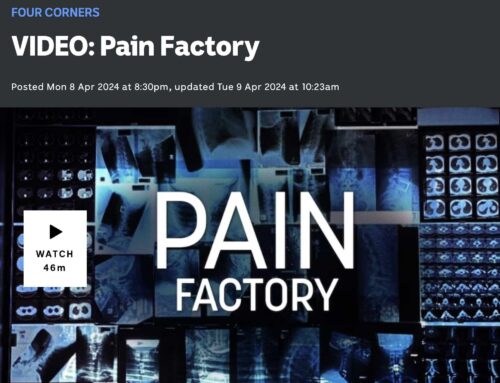
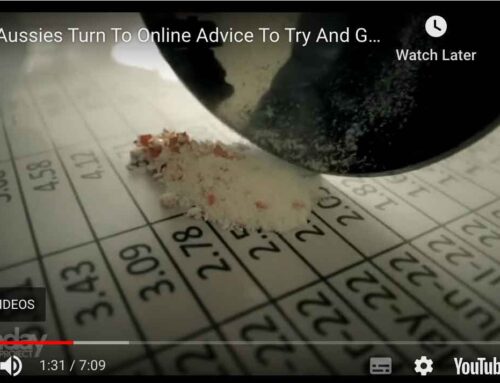
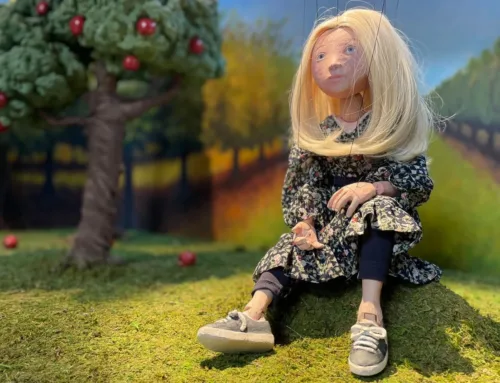
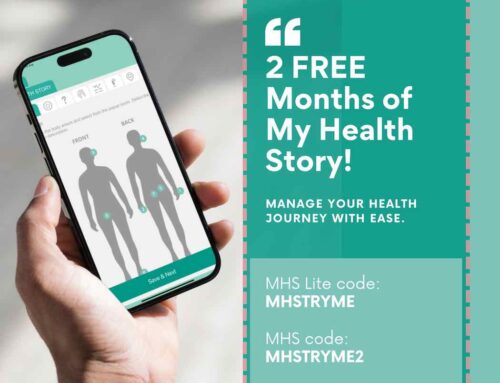
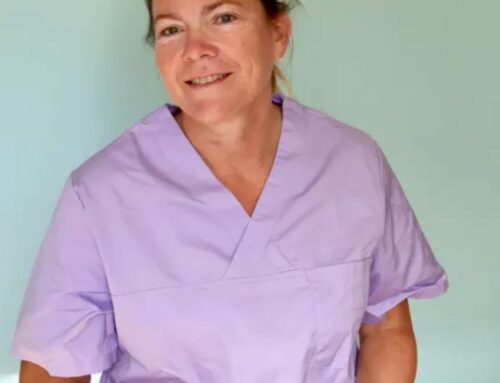
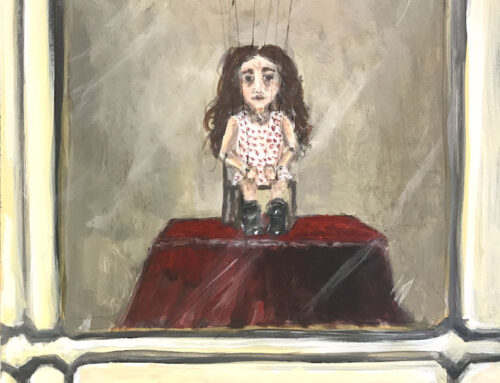
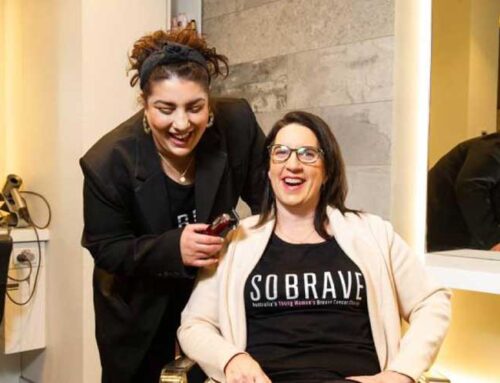
Go for it (just keep it respectful please!)